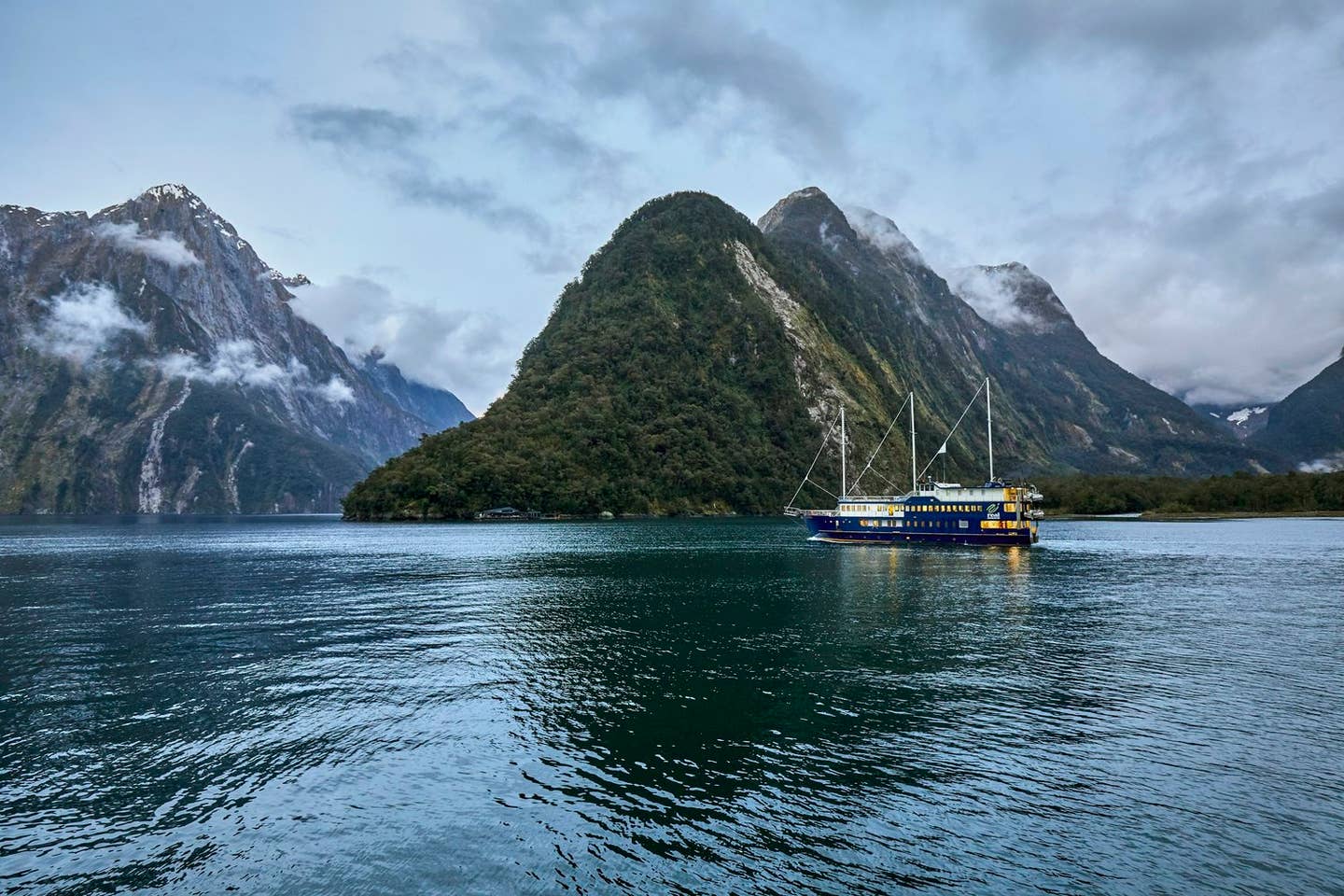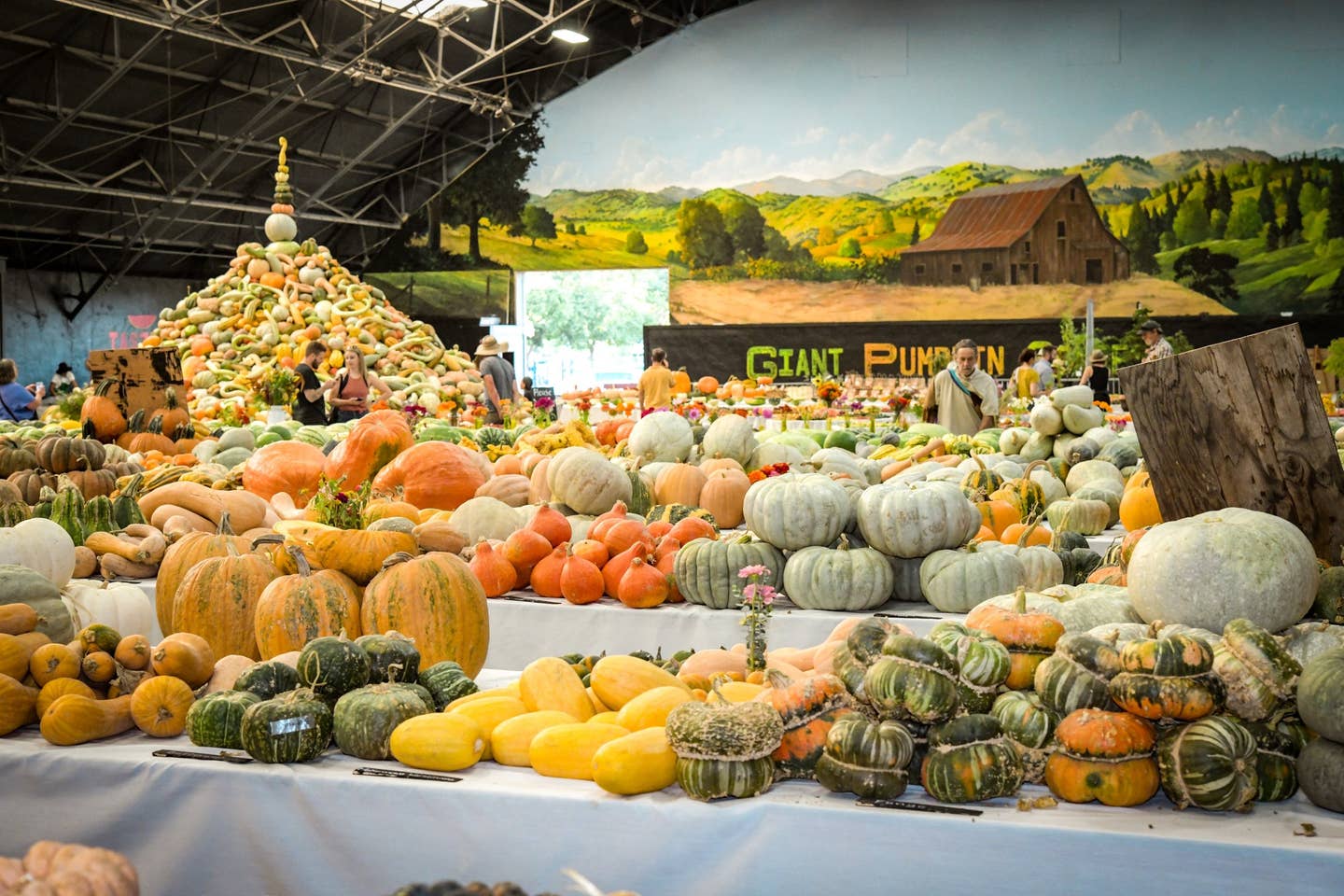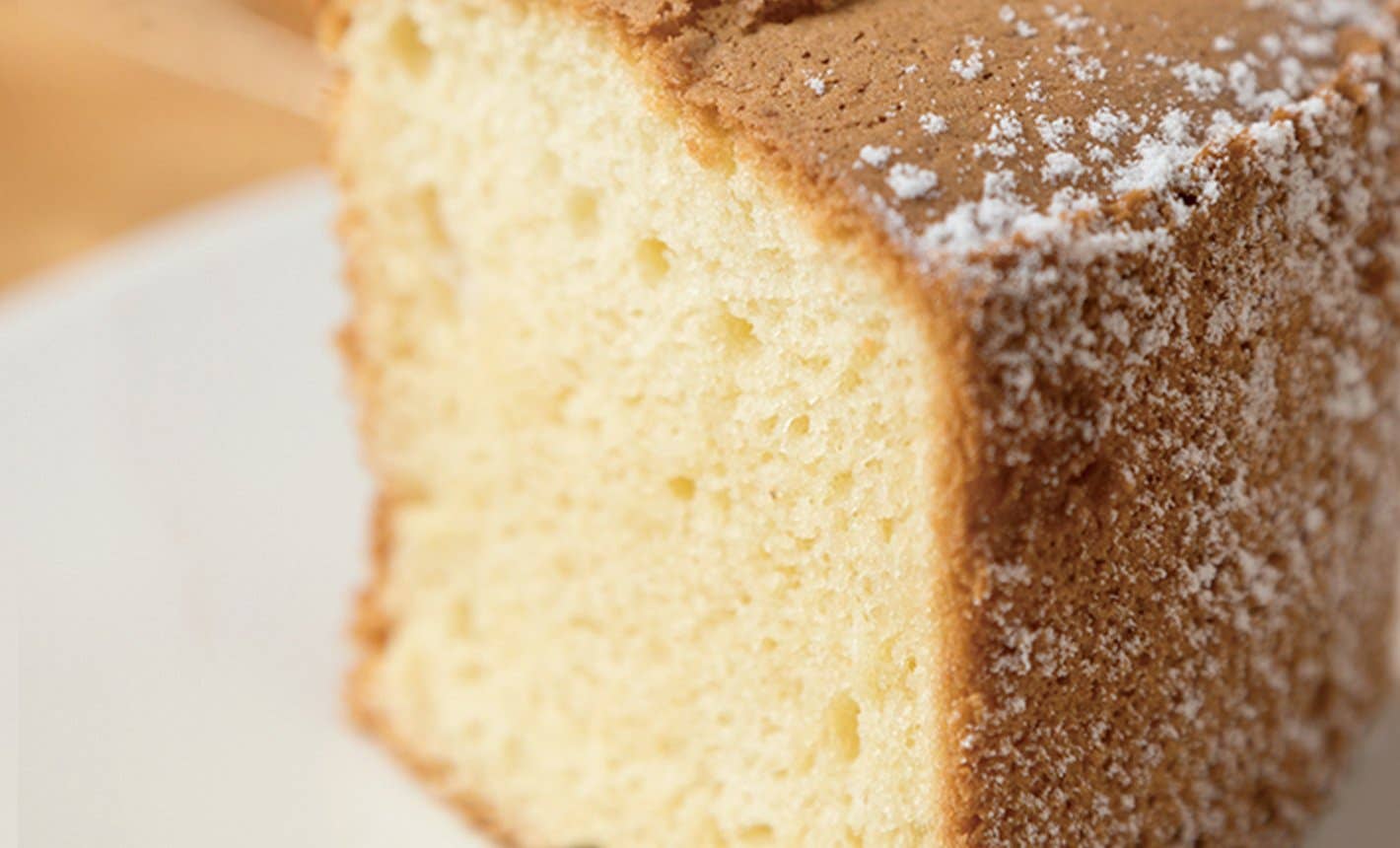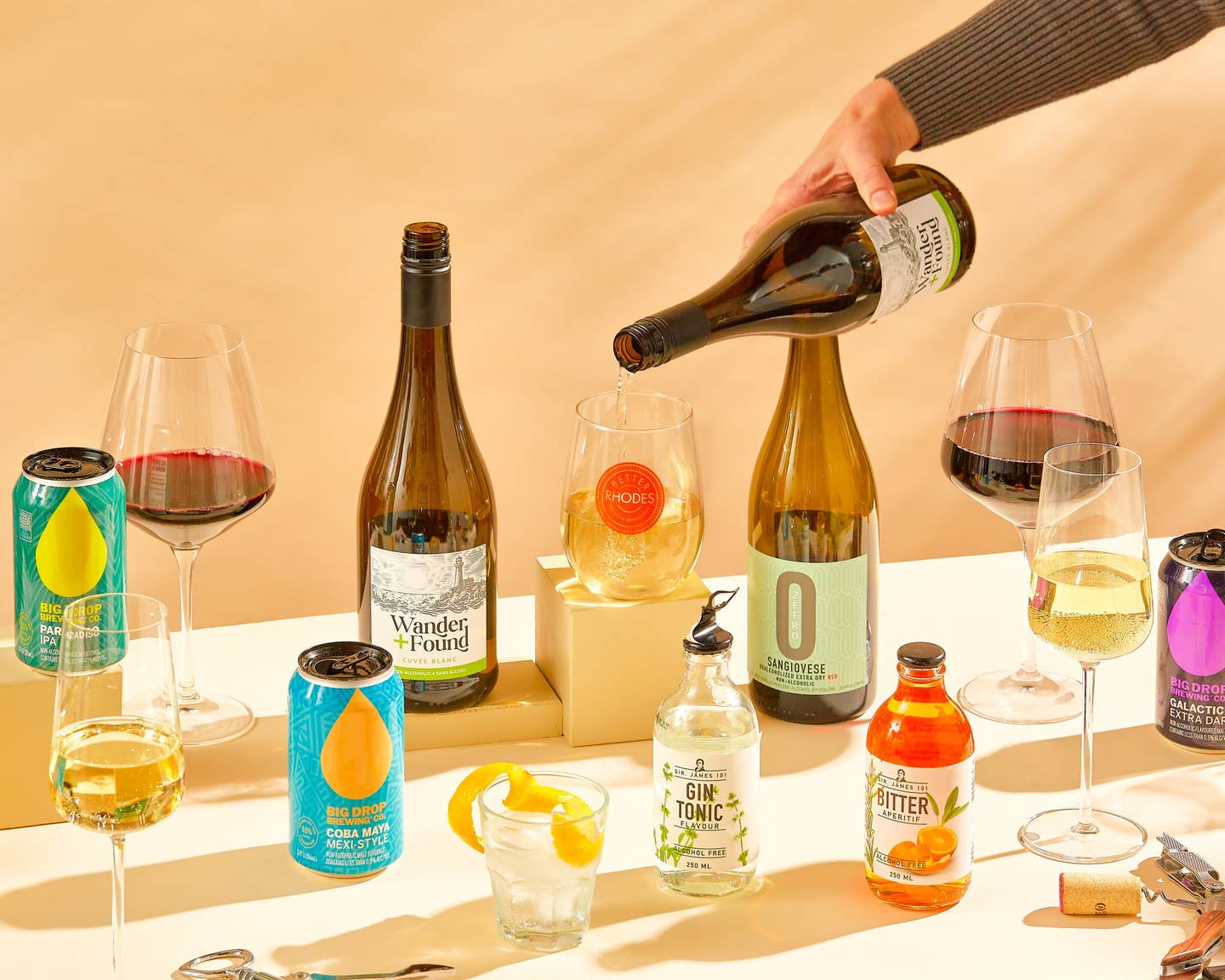Meet the Maker: Robert Hall Winery
With some of the biggest temperature shifts between day and night, Paso Robles is heaven for wine. Hot days ripen the grapes, but then cool nights put the brakes on, helping to maintain acidity, slowing and lengthening the process for maximum complexity and aromatics. There’s diversity in the soil, from silts to silt loams to clay to limestone, as well as a range of micro-climates and good producing wells. The 173 acres of Robert Hall Winery are smack in the middle of all this bounty. They also source grapes from all 11 Paso Robles AVAs. All this accounts for the boldness of their wines, along with the ingenuity of the winemakers themselves.
With some of the biggest temperature shifts between day and night, Paso Robles is heaven for wine. Hot days ripen the grapes, but then cool nights put the brakes on, helping to maintain acidity, slowing and lengthening the process for maximum complexity and aromatics. There’s diversity in the soil, from silts to silt loams to clay to limestone, as well as a range of micro-climates and good producing wells. The 173 acres of Robert Hall Winery are smack in the middle of all this bounty. They also source grapes from all 11 Paso Robles AVAs. All this accounts for the boldness of their wines, along with the ingenuity of the winemakers themselves.
The winery was founded in 1999 by Robert Hall, an entrepreneur out of Minnesota who fell in love with wines during a trip to the south of France and wanted to create his own winery. He chose Paso Robles in California’s Central Coast due to its rich and diverse climate and soils. One of his stipulations—unusual for the late 90’s—was that his winery had to be a place of hospitality and entertainment, of music, events, and delicious food to go with his superlative wines. Jeff O’Neill has purchased the winery since then, but Don Brady is still the founding winemaker, just as he was in Robert Hall’s time. The entire place is Certified California Sustainable and, in a bold experiment, 1/3 of the acres are now set aside for regenerative viticulture as well.
It’s a gamble and an innovation, the idea that taking out the herbicides will improve the soil and, by extension, the grapes. Now mid-row planting pulls carbon out of the atmosphere, and six tons of compost to the acre builds soil structure, microbes and the ability to hold moisture. Bio drones even release beneficial insects on the vines.
“We’re starting to see really positive effects,” says Caine Thompson, the Managing Director. "After almost a year, the canopy looks great, the fruit quality looks awesome, and we're using less water.” The fruit is still ripening, but it will be turned into wine within months and so, by the end of the year, it will be possible to taste the ferments side by side.
Caine, an ebullient viticulturist from New Zealand, comes from a family of orchardists. He fell in love with the notion of growing a product that people take so much joy in consuming. “All the differences of time and place and season can be captured in a wine,” he says. “The bottle becomes an actual time capsule.”
The winery processes a couple of thousand tons per harvest, and they’ve got two tiers of wines. There’s the Robert Hall line, recognizable by its iconic Black Label and distributed throughout the country, and then the Robert Hall Cavern Select collection, which are bespoke 100-500 cases from small vineyards all over Paso, resulting in very specific and high end wines. The fermentation techniques are traditional, but the people are anything but.
Winemaker Don Brady is a force who helped establish Paso Robles as a distinct AVA in 1983, and was part of the local winemaking community who also created the unique style the region is known for. Amanda Gorter, the next generation, pushes the boundaries with such innovative wines as the Cavern Select Sparkling Grenache Blanc. Houston Smith, who trained with Thomas Keller, works hospitality with the executive chef and sous chef to create local, seasonal and organic plates to pair with the wines.
And the best part is, in what just might be the perfect day trip from L.A., you can see all this firsthand. At Robert Hall Winery, you can whiz through the vineyard on an electric vehicle, learning about regenerative farming. You can sip Cabernet and eat a delicious meal in a gazebo right in the middle of the vines. You can visit one of the largest underground caverns anywhere on the Central Coast for a tasting, hear live music and then take home your very own case of wine.
For more info and details, check out: roberthallwinery.com





